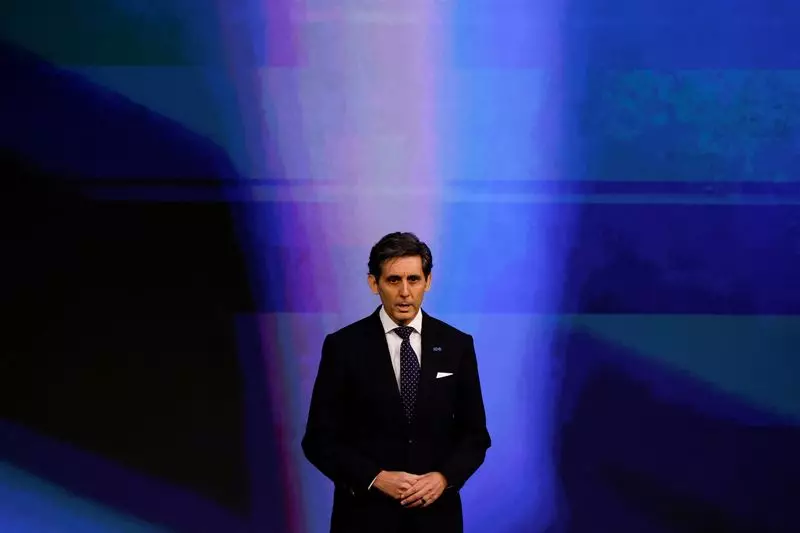Recent developments indicate a potential leadership overhaul at Telefonica, one of Spain’s largest telecommunications companies. The state-owned investment fund, SEPI, has put forth a proposal to replace the current Chief Executive Officer, Jose Maria Alvarez-Pallete, who has held the position since 2016. This proposed transition comes at a critical juncture for both Telefonica and the telecommunications sector in Europe, which is currently grappling with competitive pressures and substantial capital investment requirements. The frontrunner for Alvarez-Pallete’s position is Marc Murtra, the executive chairman of Indra, a defense company primarily owned by SEPI.
The impending board meeting, which aims to discuss this significant leadership change, underscores the strategic realignment within Telefonica as it seeks to navigate a challenging business landscape. With Alvarez-Pallete’s term set to expire during this fiscal year’s annual shareholder assembly, the timing of SEPI’s proposal suggests a decisive shift in the company’s trajectory. It is essential to note that any board decision would require shareholder approval at the forthcoming general assembly, highlighting the intricate balancing act between state influence and corporate governance.
Murtra’s tenure at Indra, particularly his focus on fortifying the defense and aerospace segments amidst rising military budgets, indicates a strategic vision that aligns with current geopolitical realities. His leadership approach could potentially transform Telefonica’s operational ethos, especially considering the intensifying global competition faced by telecommunications firms. While Murtra’s background may fortify the company’s dealings within sectors aligned with state interests, questions arise regarding how this shift might influence Telefonica’s current focus on cutting-edge technologies, such as 5G and fiber optics.
The Spanish government, through SEPI, acquired a 10% stake in Telefonica valued at approximately €2.3 billion earlier this year. This move, driven by a need to counterbalance Saudi Arabia’s significant investment in the company, illustrates the rising tension surrounding foreign investments in critical national assets. The government has notably invested heavily to secure a board seat, indicating an effort to exert more control and steer the company’s strategic direction. This development raises questions regarding the impact of government involvement on Telefonica’s operational independence and long-term goals.
As Telefonica faces fierce competition within the European market, characterized by dwindling profit margins and the necessity for substantial infrastructure investments, any leadership transition is fraught with risks. The company has been divesting from its legacy assets and focusing on more lucrative ventures. Under Alvarez-Pallete’s leadership, Telefonica has been navigating these stormy waters, but whether Murtra can maintain this trajectory and continue to innovate while managing stakeholder expectations will be a defining factor in the company’s success moving forward.
While the potential shift in leadership at Telefonica may resonate as a strategic move influenced by state interests, the ensuing changes will demand careful management of both corporate dynamics and market challenges. As the telecommunications landscape evolves, the effectiveness of this leadership transition will undoubtedly shape the future of Telefonica in both domestic and international arenas.

